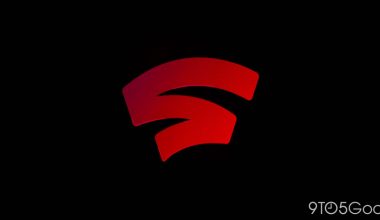Update: Qualcomm responded is suing Nuvia. The business thinks that the law is on its side. It claimed to have extensive license rights that safeguard its efforts to create bespoke CPUs.
ORIGINAL ARTICLE: The UK-based semiconductor maker Arm recently sued Qualcomm over the latter’s acquisition of the chip design company Nuvia. For the transaction, Qualcomm forked over $1.4 billion. Arm considers that this agreement violates license agreements and constitutes trademark infringement between businesses.
There are already existing design license agreements between Nuvia and Arm, and Arm claims Nuvia needs its consent before giving these licenses to Qualcomm. Additionally, Arm is requesting that the court order Qualcomm to erase designs created in accordance with their license agreements with Nuvia.
Advertisement On the other hand, Qualcomm asserts that Arm cannot obstruct its or NUVIA’s technologies. The fact that Qualcomm has extensive, well-established license rights covering its specially built CPUs is ignored by the arms lawsuit, and we are certain that those rights will be upheld, according to Ann Chaplin, general counsel of Qualcomm.
ARM AND QUALCOMM ARE CURRENTLY STRATEGIC PARTNERS One of Qualcomm’s biggest purchases in recent years, Nuvia, could aid the business in chip design. However, Qualcomm and Arm have also worked together for a very long time, particularly when creating unique processing cores. Qualcomm executives think Apple has outperformed them in terms of processor performance because of Arms’ slow rate of innovation.
A group of former Apple chip architects also formed Nuvia, which Qualcomm purchased for $1.4 billion last year. With the purchases, Qualcomm aims to set itself apart from competitors like MediaTek, which now employs the same common Arm architectures. In the PC and laptop industries, Qualcomm is likewise aiming to intensify rivalry with AMD and Intel.
Advertisement Since both businesses now hold a monopoly on the market, Qualcomm might employ Nuvia advances to create processing cores for desktops and laptops. Cristiano Amon, the CEO of Qualcomm, previously disclosed to Reuters his intention to employ Nuvias Arm-based designs to compete in the Windows-based laptop market.
The truth is that Arm and Qualcomm rely heavily on one another, and Qualcomm even pays Arm a royalty fee for each chip sold. The Nuvia agreement, though, would encourage Qualcomm to pursue more exclusive core designs. Although Nuvia chips use the Arms architecture, they feature unique designs. Qualcomm intends to eventually minimize its reliance on Arm by leveraging the Nuvia advancements. Apple employed the same tactic to remove Intel from its Mac computers.







